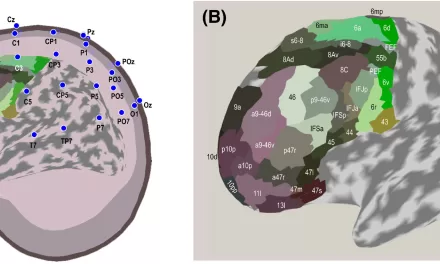Study Suggests Underutilized Alcohol Use Disorder Medications Could Reduce Readmissions
A recent study led by researchers at Massachusetts General Hospital (MGH) and the University of Pittsburgh sheds light on a potential strategy to reduce hospital readmissions for adults hospitalized for alcohol-related reasons. Published in JAMA Network Open, the study suggests that receiving a prescription for an alcohol use disorder (AUD) medication at the time of discharge may lower the risk of returning to the hospital within 30 days.
The study, led by lead author Dr. Eden Y. Bernstein, a physician-scientist at MGH, analyzed data from 9,834 alcohol-related hospitalizations among 6,794 Medicare Part D beneficiaries across the United States in 2016. Surprisingly, only 2.0% of hospitalizations involved filled prescriptions for AUD medications, such as oral naltrexone, acamprosate, and disulfiram, upon discharge.
Among the key findings, the study revealed that patients who received discharge prescriptions for AUD medications experienced significantly fewer returns to the hospital or deaths within 30 days compared to those who did not receive such prescriptions. After controlling for important differences between the groups, patients with discharge prescriptions had a 42% lower rate of returning to the hospital or death within 30 days. Additionally, they had an 18% lower absolute risk of hospital readmission or mortality.
Dr. Bernstein emphasizes the underutilization of medication treatment for AUD in the post-hospitalization setting despite its known efficacy. She underscores the potential clinical benefit associated with increased uptake of these medications and calls for efforts to improve access to them upon hospital discharge.
Senior author Dr. Timothy Anderson, a primary care physician and health services researcher at the University of Pittsburgh, highlights the evidence-based nature, affordability, and manageable side effects of AUD medications. He advocates for training inpatient clinicians to initiate these medications and develop post-hospital follow-up plans with patients and their primary care teams to improve patient outcomes and reduce preventable readmissions.
The study’s findings underscore the importance of integrating AUD medication treatment into post-hospitalization care to improve patient outcomes and reduce the burden on healthcare systems. With further efforts to promote access to these medications, healthcare providers can potentially make significant strides in addressing alcohol-related hospital readmissions.











